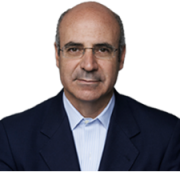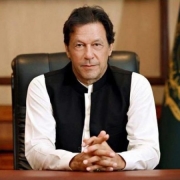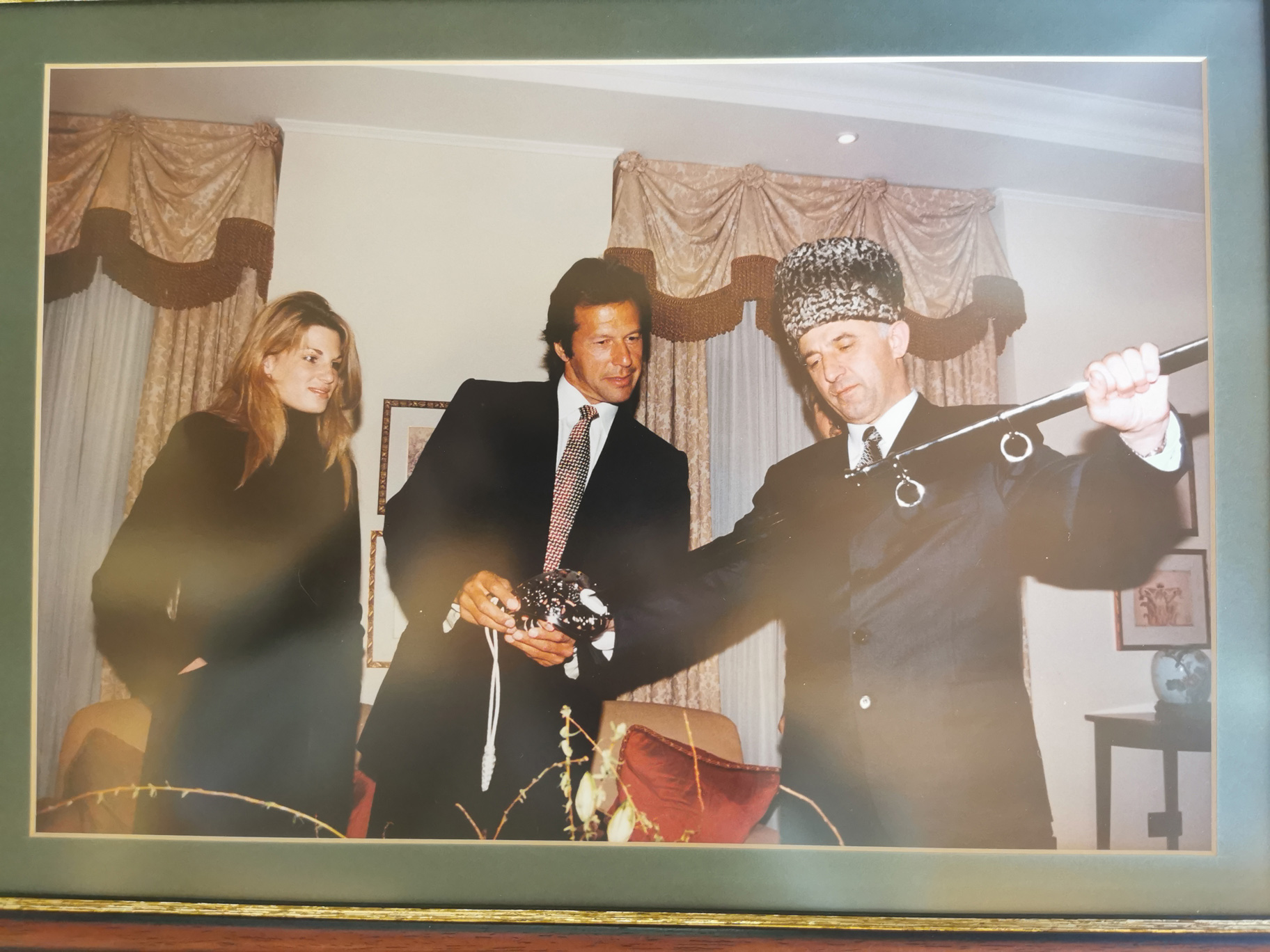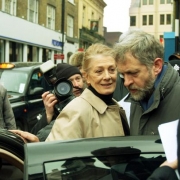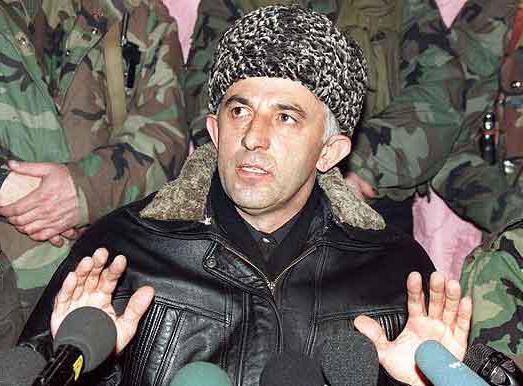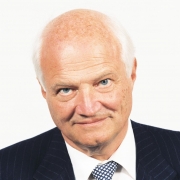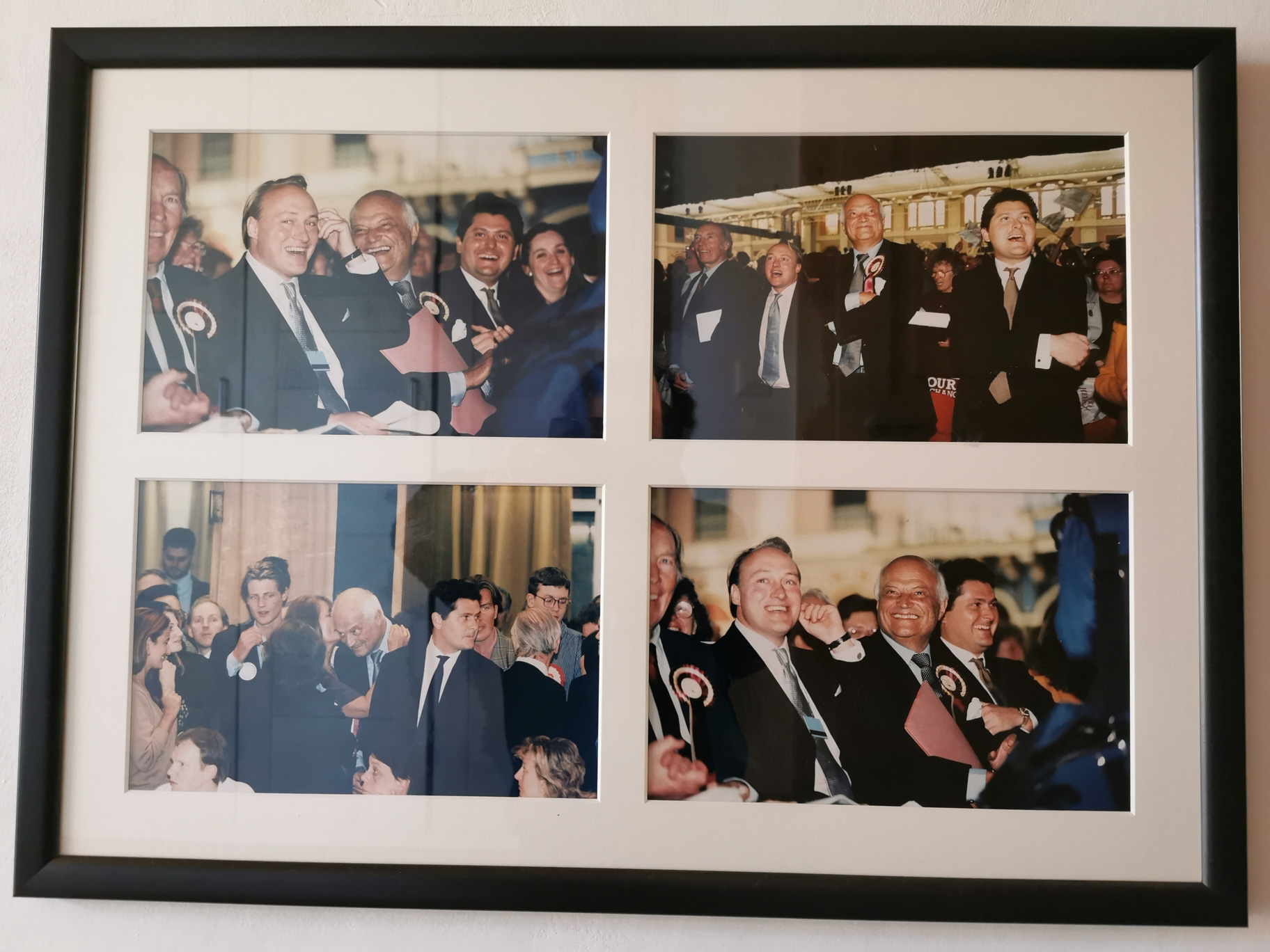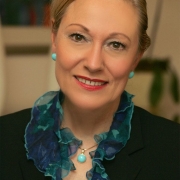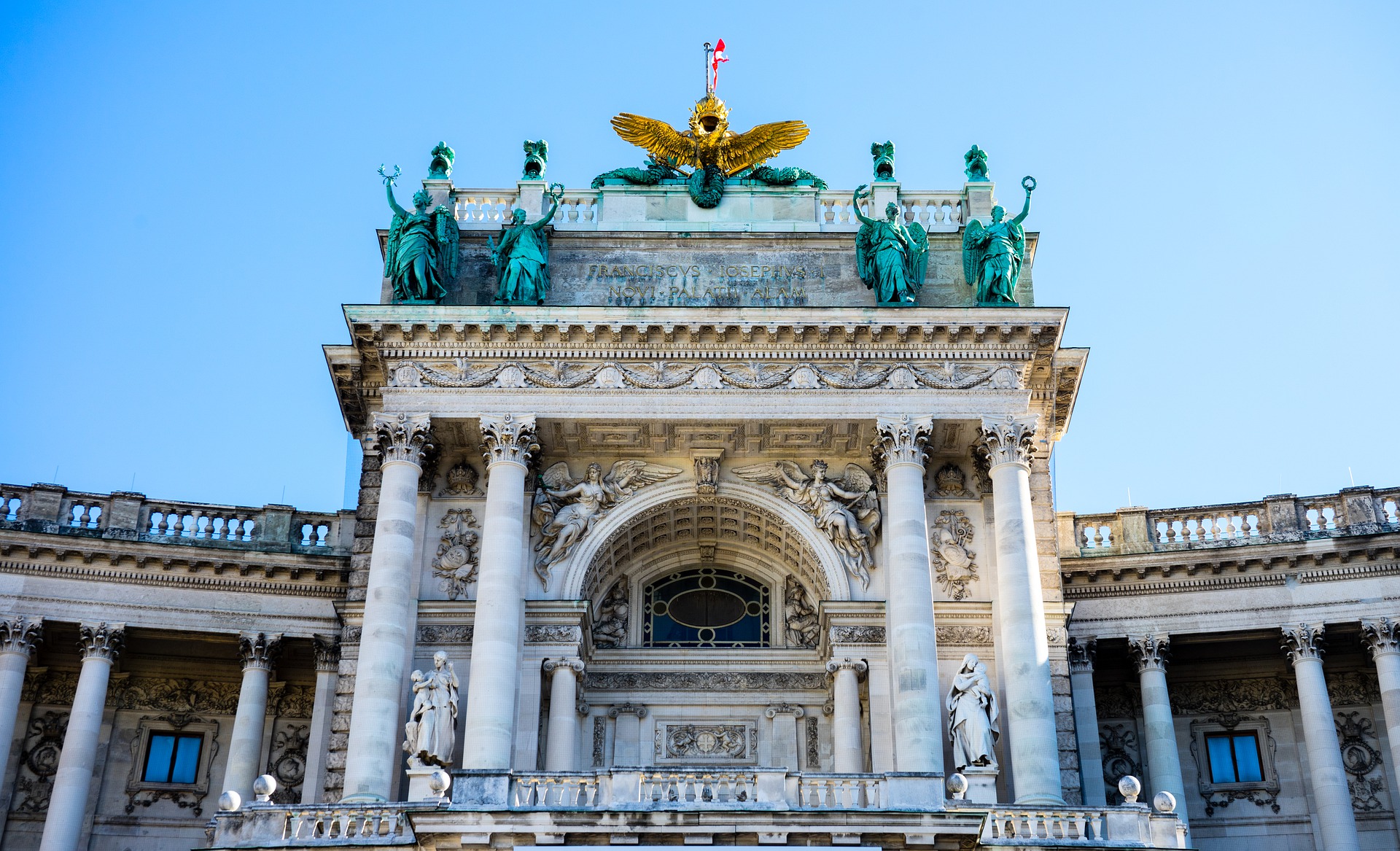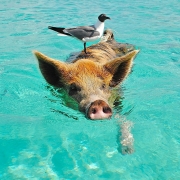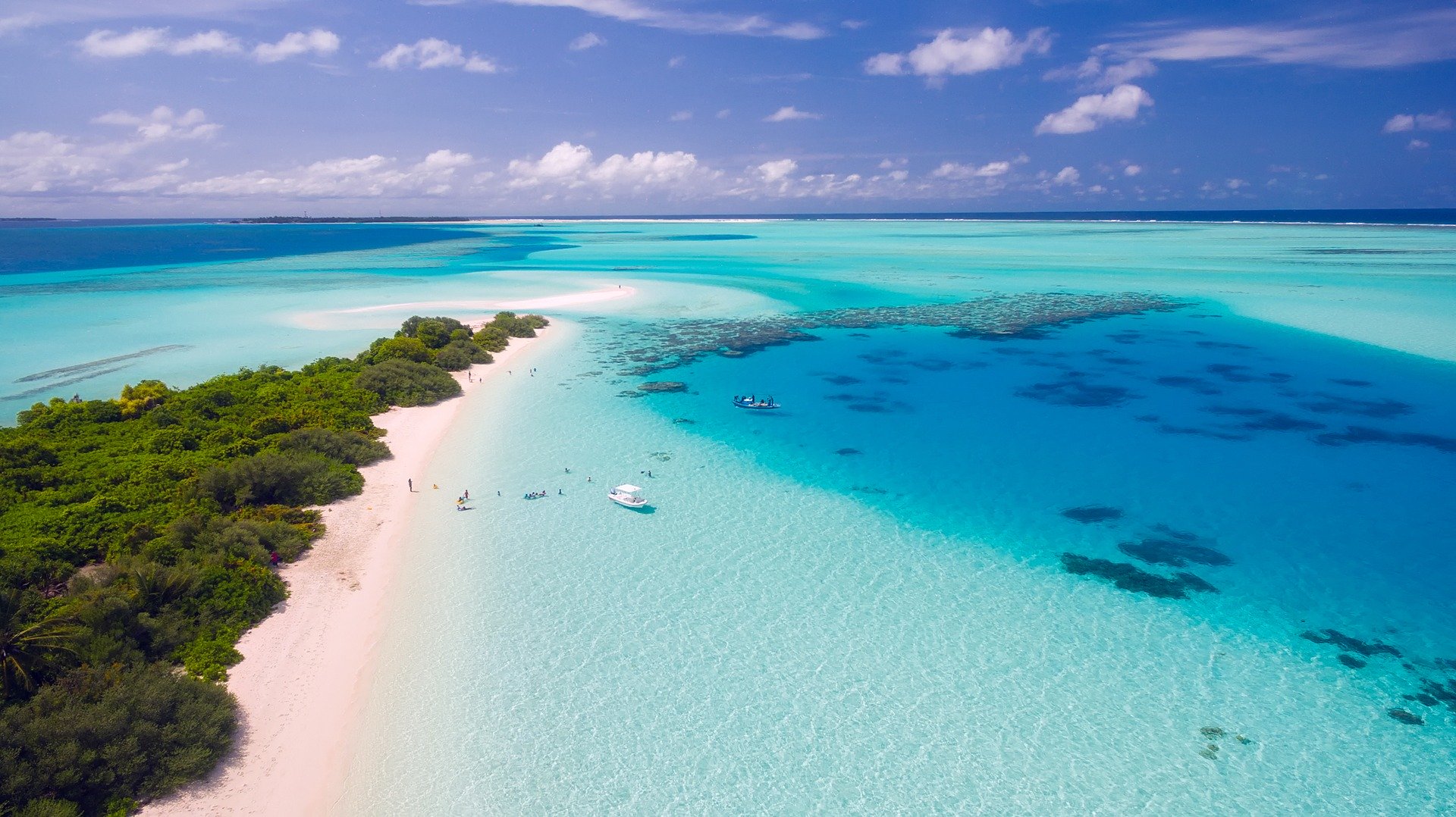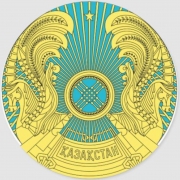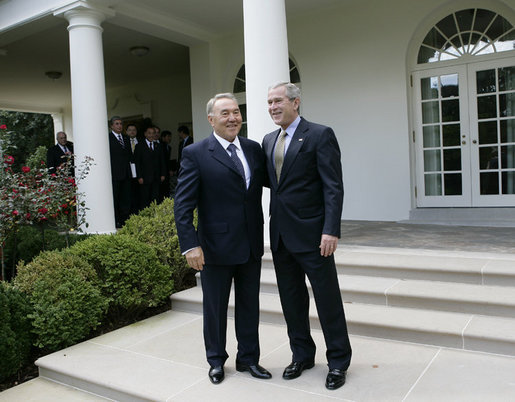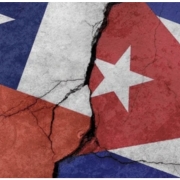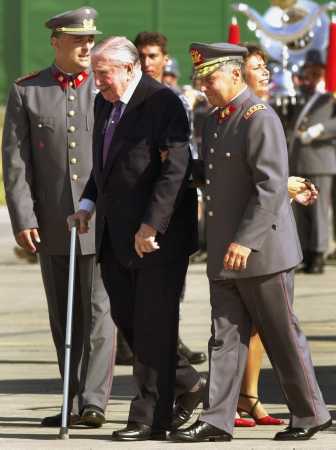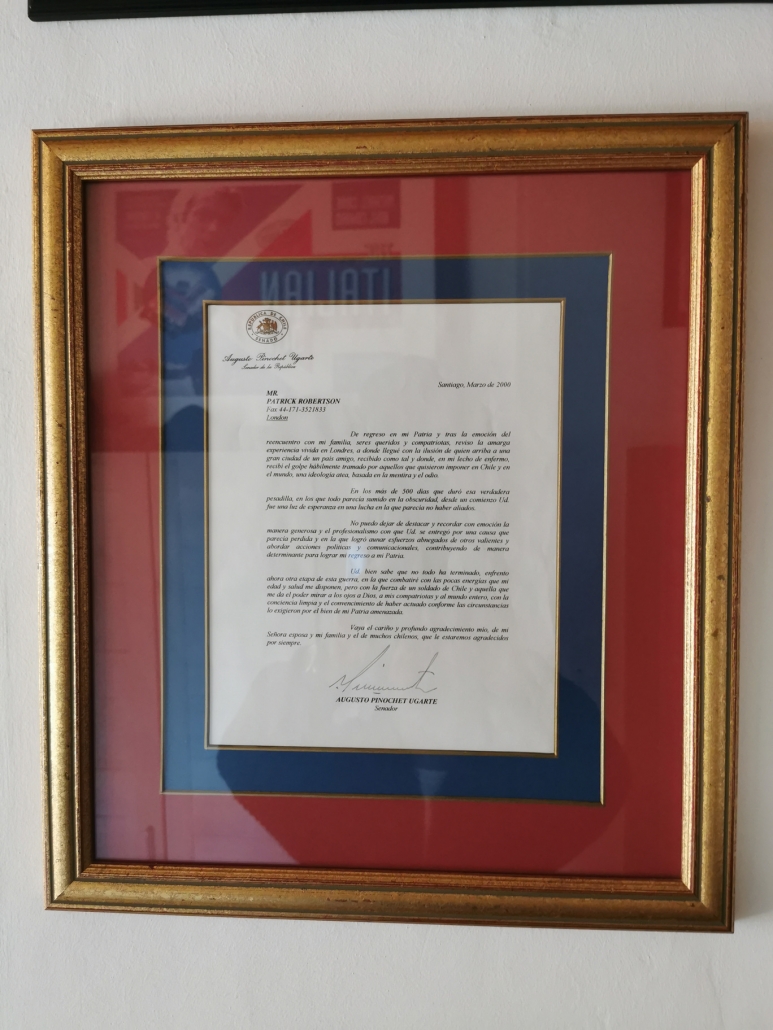Bill Browder and the Hermitage Fund
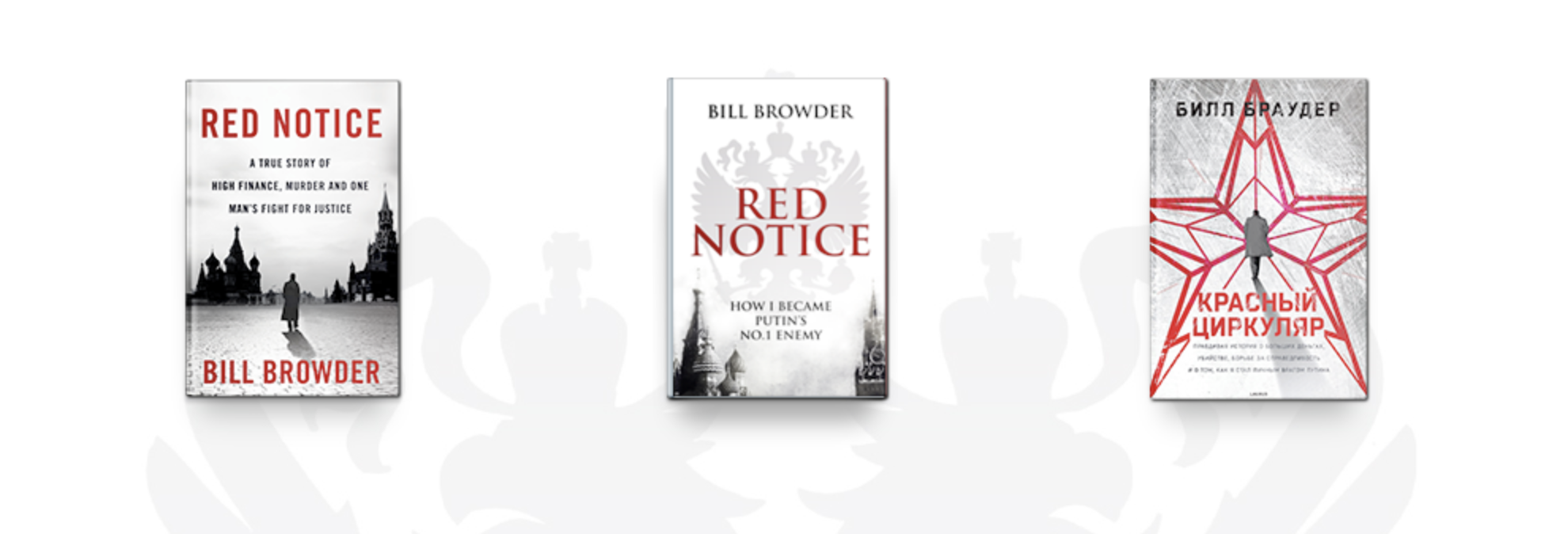
The extraordinary story of how the American-born British financier Bill Browder’s Moscow-based Hermitage Capital was targeted in one of the most brazen frauds in history has gained worldwide publicity, in large part through the courage and tenacity of Browder.
Shortly after Browder had been refused entry to Moscow on his return from London in November 2005, special forces from the Russian Interior Ministry raided his company’s offices, seizing corporate documentation. These were used to fraudulently re-register Hermitage’s holding companies in the name of an ex-convict, after which the perpetrators of the fraud applied successfully for a $230 million tax rebate.
Sergei Magnitsky, one of the Hermitage Fund’s Moscow-based lawyers, testified against the perpetrators and was subsequently jailed on trumped-up charges. He fell ill and died in prison after being denied the medical help he needed. After his death Browder lobbied the US Congress to pass the “Magnitsky Act”. Since 2016, the bill, which applies globally, authorizes the US government to sanction individuals who it sees as human rights offenders, freeze their assets, and ban them from entering the US. Similar, landmark legislation was passed in Britain, Canada and other countries.
The crime which Magnitsky had sought to expose was both sophisticated and complex. From the start, WorldPR helped Browder devise a strategy to communicate the story to the world, including policymakers and legislators on both sides of the Atlantic. The campaign was launched with a ten-minute film posted on YouTube in English and Russian that used professional actors to re-enact the crime. The film caused shock waves when viewed in Russia and Browder went on to produce three more films on aspects of the crime and its aftermath.
From the start, WorldPR advised Browder that the only effective way to achieve his objective of punishing those Russian officials who were ultimately responsible for the crime, as well as for the death of Magnitsky, was to target the individuals involved – not the Russian state. The success of this strategy was reflected in the response to his campaign. In October 2017 the Russian government sought to place Browder on Interpol’s list of criminal fugitives. While visiting Spain in May 2018 he was arrested by the Spanish authorities on a new Russian Interpol warrant. He was released after two hours when Interpol confirmed that this was a political not criminal matter.
Since then, Browder has vigorously continued his campaign to expose the criminal nature of certain elements of the Russian state.
YouTube video: Hermitage Reveals Russian Police Fraud

